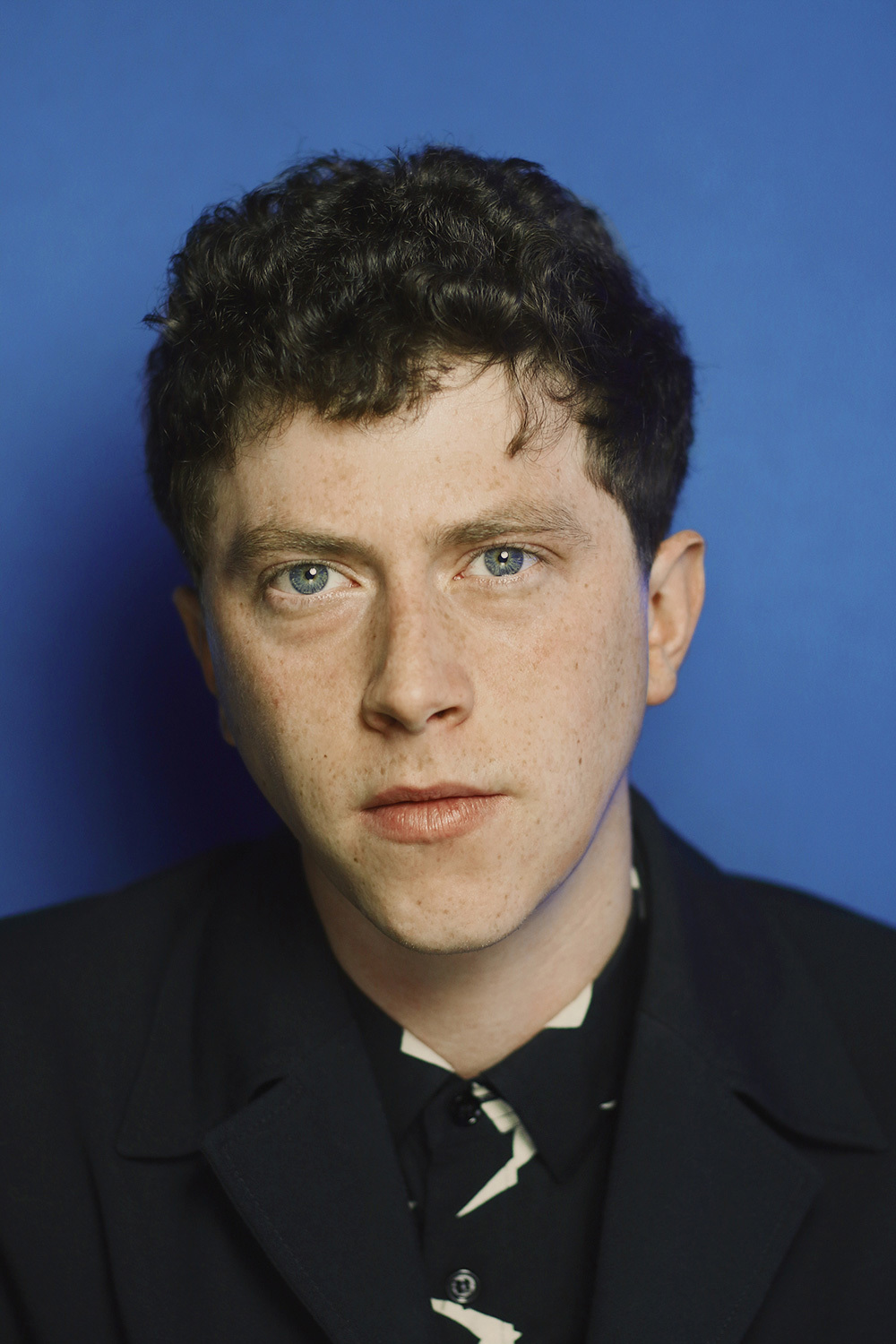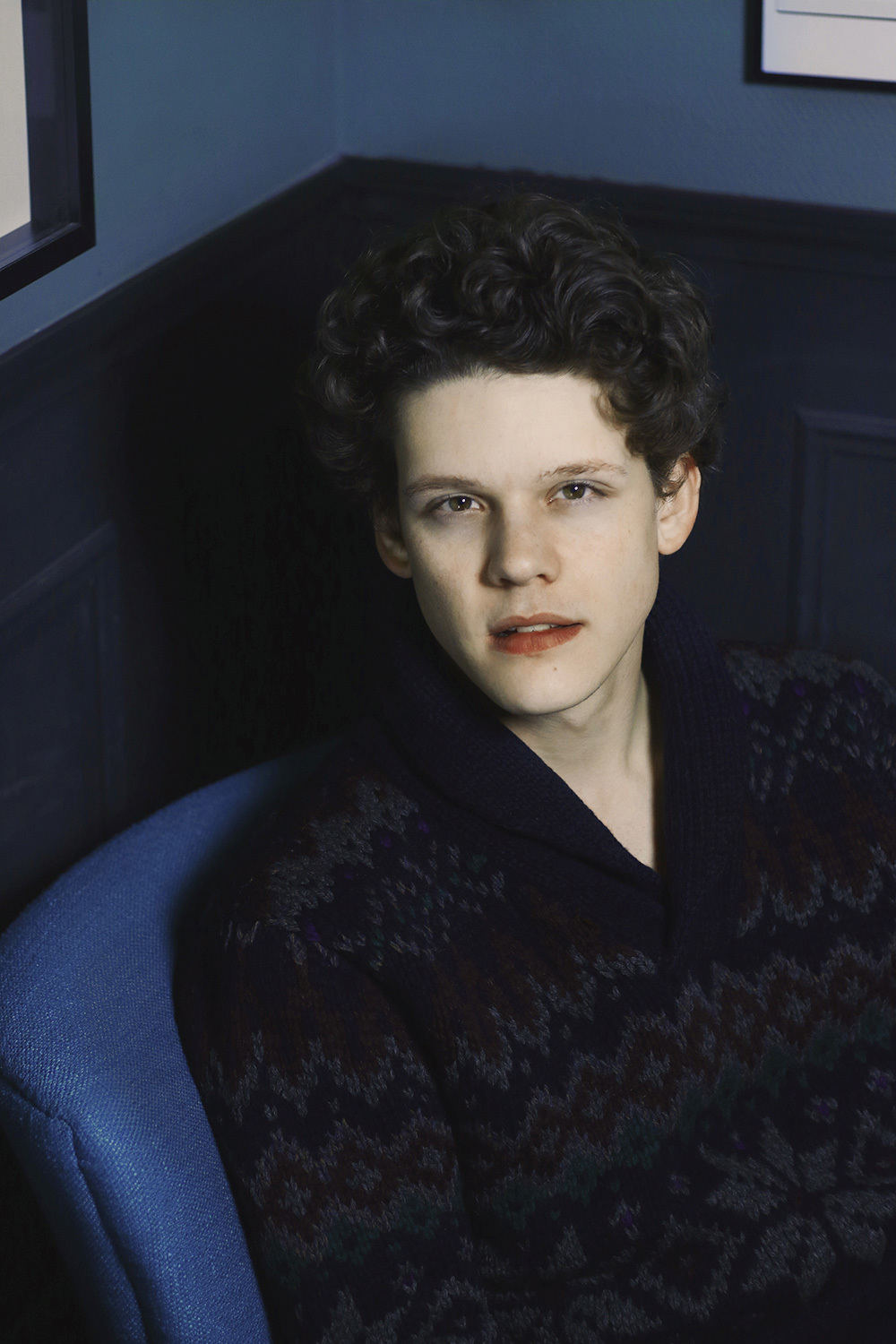Bang Gang is a pretty intense movie. Like its title, the film pulls you in and doesn’t disappoint, despite all the hype. It’s been described as a French version of Kids, because that sounds good. But that comparison isn’t totally apt, because 90s East Village skaters don’t have that much in common with French middle class kids who try to have a street attitude. With his film The Smell of Us, which came out last year, Larry Clark himself showed the huge gap between the New York kids he filmed over twenty years ago and the wealthy Parisian youth of today. With all the virtuosity that he is known for, Clark tried to make a French version of his 1995 cult film but only succeeded in creating a portrait of a niche group of privileged teens.
Eva Husson, director of Bang Gang, has definitely seen Kids and doesn’t hide her references to it, but she doesn’t get trapped in an homage. She even manages to transcend all the trappings of the very particular youth film genre. The movie avoids the pitfalls of other portrayals of tortured adolescence. It avoids both misery and morality. The kids of Bang Gang are fairly lost, but then, so are all kids. This hyper-sexualized generation raised on porn is not worse than any other generation. The four main characters are part of a group that organizes orgies on ecstasy. Husson never judges them, nor does she criticize the world they grow up in.
Bang Gang is above all a film about the difficulty of growing up, like the great novels about learning. In fact, the film has a narrator, played by the incandescent Daisy Broom (one to watch) who sets up the story like a distant memory, somewhere between the states of childhood and adulthood. As such, and despite its scandalous title, Bang Gang is less a film about sexual discovery than a modern tale about the cost of freedom. We interview its breakout stars.
Finnegan Oldfield

Describe Alex, your character.
He’s one of those eternally lonely adolescents. He’s all alone in a big house, you get right away that his mom is not around, that his parents let him do whatever he wants. To escape the loneliness, he organizes these parties with his best friend and they play these games with 40, 50 people. Eventually, they lose control of the games and the events.
He’s the Casanova of the high school. How does he see love?
He’s the popular kid, he is figuring everything out as he goes and very quickly he gets confused. He confuses sex, love, and ego issues. He loses himself in all these confusing feelings.
Why is Bang Gang a generational touchstone, do you think?
Because it shows how young people are all about auto-representation, constantly taking pictures, sharing them, and posting them everywhere. That’s how they’re getting it wrong. Sex and drugs, that’s nothing new. Despite it all, these adolescents have a beautiful type of freedom; everything is relatively simple in fact. It’s a beautiful film, the feelings are beautiful, the light is beautiful. It’s a film that speaks to young people without judging them. And the cinematography is amazing.
Lorenzo Lefebvre

What role does your character play in the group?
Gabriel is less experienced than the others, he is solitary and closed off. He’s the most independent. He has a way of keeping things inside of him. This is also a character who has a lot of pent-up anger: mainly against his father, who became handicapped after an accident. He feels abandoned. At the same time, his story gives him a certain strength and an autonomy in relation to the others. He is less prejudiced than you might think.
He is a bit reluctant to play the same games as the others, why?
You might think that he represents a certain moral compass of the film, but in fact not. He is very accepting. He is in love with George and doesn’t judge her very libertine way of life. He is totally fascinated by George’s beauty and freedom.
What do you think this film shows about our generation?
For them, these “gang bangs” are not an obstacle to true love. These young people are looking for a certain tenderness, a joy of exchange, of intoxication. Gabriel does beatmaking, it’s a way of working out his anger, like sex. Love and these games they play are not contradictory. It’s two distinct stories. You need to trust youth: it’s their battle, that’s what keeps them alive. It’s normal and it’s unique to adolescence. They’re not politicized, they’re being excessive. I think Bang Gang is a movie that trusts youth.
Daisy Broom

Tell us about Laetitia, your character.
She has a wild side but she’s the first to let go when she feels comfortable with others. She has never been able to meet good people and this is her first real group of friends. She is always sincere and has a lot of integrity, she never thinks the worst. Laetitia admires George a lot. She’s even a little bit in love with her. When she starts to get close to her, taking her to parties on her scooter, being a real friend to her, her life changes. But then Alex arrives and it becomes a love triangle. George gives her the freedom to believe in herself. She needed that backing to move forward.
What is love in 2016?
I’m a huge romantic. I love 19th century literature. The modern love story, I think it’s simple. Sexuality is unbridled and intense. We go to extremes only to find ourselves in a very simple love story.
Why should young people go see this film?
In France we love very realistic cinema. This movie has a very ethereal, dreamlike aesthetic. It’s a different look at youth. This is not a judgmental, moralist film. It tells a story simply.
Marilyn Lima

Your character George is very comfortable with her sexuality. How do you think she handles it?
I think she doesn’t worry about it too much, she doesn’t always think about the consequences of her actions. She goes by instinct, she’s spontaneous, that’s where her sexual energy comes from that people find either attractive or terrifying. She’s the type of popular girl who everyone is jealous of on Facebook and at school but who is very simple when she goes home alone. George is fragile, she’s gentle, the rest is just her image. Everyone attaches a certain personality to her which isn’t necessarily true.
People say that our generation is apathetic and disillusioned. What do you think?
Young people are bored, that’s clear. But people think badly of our generation even though we’re the ones that are doing the most, that have tons of ideas and that want to change things. Like this movie, which shows a different perspective on youth.
You want to change things?
I don’t have exact plans yet but I’m thinking about it. If I’m able to, I would do everything I can to make our society better. For sure.
Related: Read our interview with Eva Husson, the film’s director
Credits
Photography Jules Faure
Text Romain Charbon
Interviews Malou Briand Rautenberg
